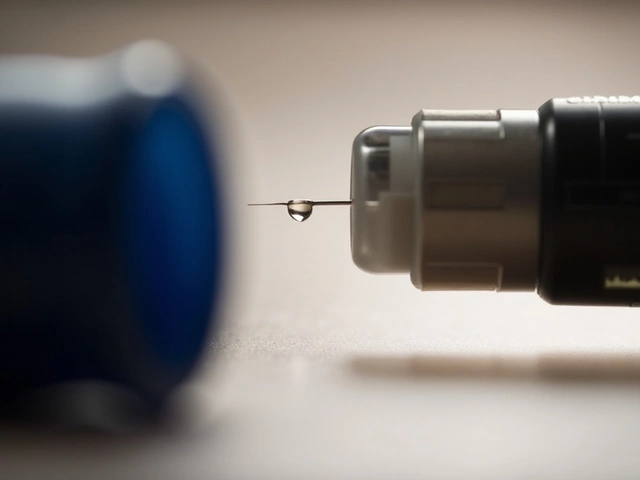Herpes treatment: practical steps to ease outbreaks
Herpes is common — many adults carry HSV-1 or HSV-2. If you have outbreaks, quick action and the right medicine can shorten symptoms and lower spread. This page gives clear, useful options so you know what to do now and how to prevent future attacks.
First-line medicine: oral antivirals. Acyclovir, valacyclovir and famciclovir work best when started early. For a typical genital outbreak adults often use valacyclovir 1 g twice on day one then 500 mg twice daily for five days, or acyclovir 400 mg three times daily for seven days. Your doctor will adjust doses for your health and kidney function.
Two ways to use antivirals: episodic or suppressive. Episodic treatment means taking pills at the first sign of an outbreak to shorten it. Suppressive therapy means daily antiviral pills to cut outbreak frequency and reduce the chance of transmission to partners. Many people who have frequent attacks feel much better on suppressive therapy.
At-home care that helps
Keep the area clean and dry, avoid tight clothes, and use over-the-counter pain meds like ibuprofen for soreness. Applying cool compresses can ease pain. Topical creams may help some people, but they don’t replace oral antivirals. Avoid touching sores, and wash hands after any contact to prevent spreading the virus.
When to see a doctor and special situations
See a clinician if outbreaks are severe, last longer than usual, happen more often, or if you have a weakened immune system. Pregnant people must talk to a provider—herpes during delivery can be dangerous for newborns and may mean a planned cesarean or antiviral suppression in late pregnancy. If standard drugs stop working, testing for resistant virus may be necessary and alternative treatments like intravenous antivirals or topical prescription options might be used.
Testing is simple: swab a sore or do a blood test for antibodies. Swabs are best early in an outbreak; blood tests tell if you’ve been infected in the past. Communicate results with partners and use condoms to lower transmission risk. Disclosure matters for safe sex and for partners who are pregnant or have weak immunity.
Common triggers include stress, fever, tiredness, sun exposure and hormonal changes. Tracking triggers helps you catch warnings earlier. For oral herpes, use lip balm with SPF and avoid sharing utensils or towels. Antivirals can cause mild side effects like headache or nausea; serious issues are rare but include kidney strain if you’re dehydrated. Drink water, follow dosing, and tell your doctor about other medicines you take.
Thinking about buying meds online? Use licensed pharmacies that require a prescription and have clear contact info. Avoid sites that sell restricted drugs without prescriptions. When in doubt, ask your healthcare provider where to order safely.
Researchers are working on vaccines and new antivirals, but right now management relies on early antiviral treatment, smart self-care, and prevention. If you want help choosing a treatment or understanding tests, bring questions to your clinician — clear info and good timing makes a big difference.
Top Alternatives to Valtrex for Herpes Treatment in 2024
Explore the top alternatives to Valtrex for herpes treatment in 2024. This article delves into five effective medications, detailing their benefits and drawbacks. Understand the pros and cons of Acyclovir, Famciclovir, Penciclovir, Docosanol, and Lidocaine to make informed choices about managing herpes infections. By exploring these options, you can find a suitable treatment plan that aligns with your needs and lifestyle.
About
Medications
Latest Posts


Genetic Testing for Cancer Risk: BRCA, Lynch, and Beyond
By Marcel Kornblum Nov 27, 2025

Semaglutide: A Promising Treatment for Fatty Liver Disease and More
By Marcel Kornblum Aug 17, 2024

Steroid-Induced Cataracts: Recognizing Vision Changes and Knowing Your Treatment Options
By Marcel Kornblum Jan 22, 2026

